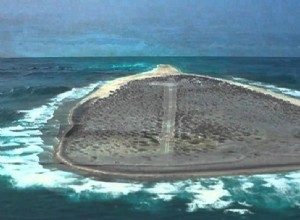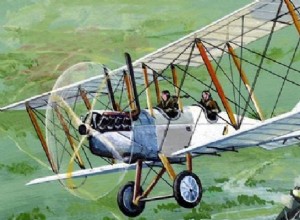Pirates and, in general, all criminals, before attacking violently, the first step they took was to intimidate their prey. It is for this reason that, at the beginning of the eighteenth century, when a group of men repudiated all government and went to sea, they tended to choose large ships—although




